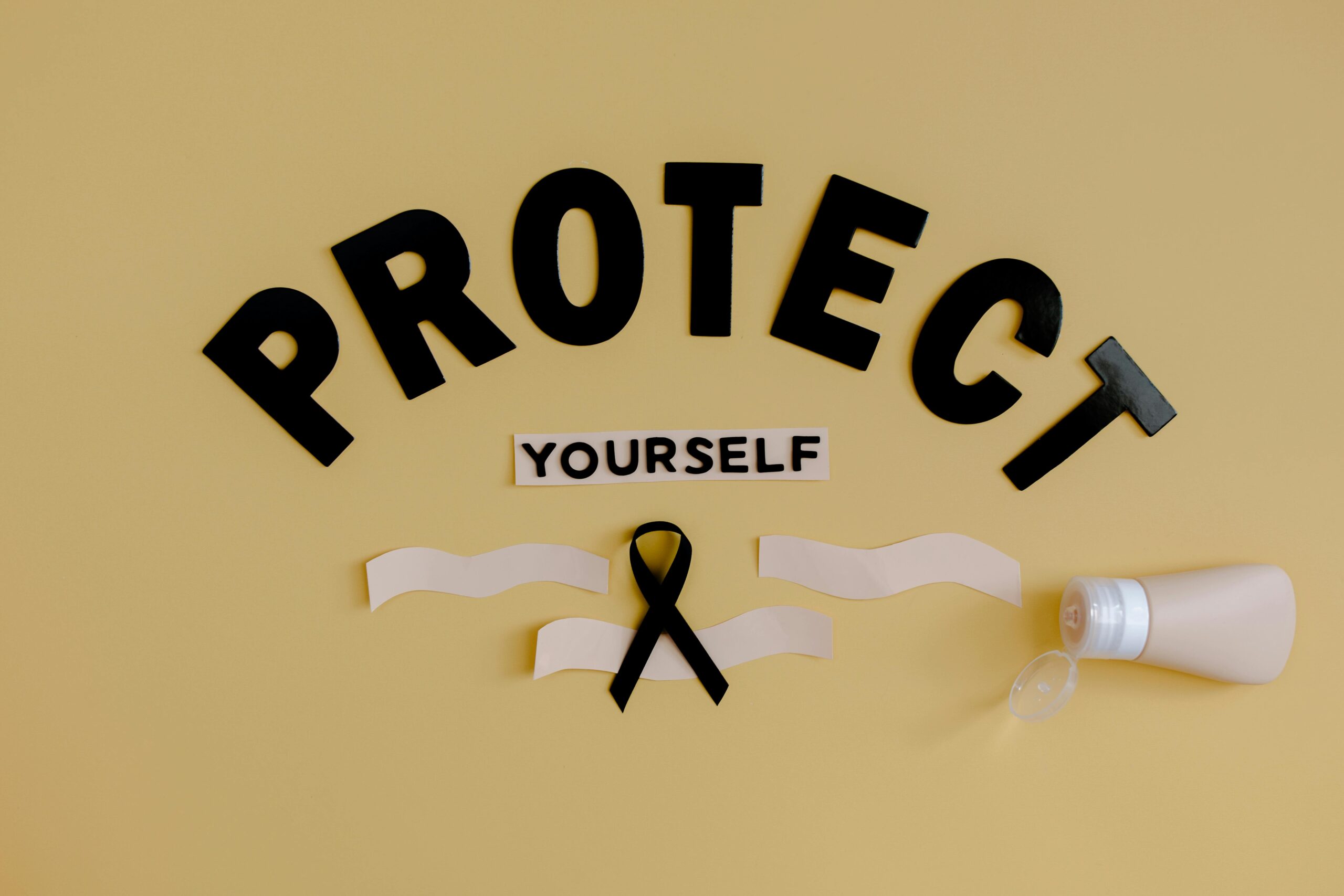Nourish, Empower, and Heal Your Food: How Beating Cancer

An Introduction to the Impact of Dietary Choices on Cancer Prevention and Treatment
Cancer is one of the most prevalent and deadly diseases in the world, affecting millions of individuals each year. While medical advancements continue to improve cancer treatment options,
There is a growing body of evidence indicating that dietary choices can have a profound impact on both cancer prevention and treatment. By adopting a balanced and nutritious diet, individuals can potentially reduce their risk of developing chronic diseases, support their body’s natural defense mechanisms, and enhance the effectiveness of cancer therapies. A chronic disease prevention diet focuses on whole, unprocessed foods like fruits, vegetables, whole grains, and lean proteins.
It prioritizes minimizing processed meats, sugary drinks, and refined carbohydrates, which are potentially linked to increased chronic disease risk.
Nutrient diversity is key, with colorful fruits and vegetables providing different vitamins, minerals, and phytochemicals with potential anti-disease properties.
In this article, we will explore the various ways in which dietary choices can influence cancer and highlight some key recommendations for individuals looking to make informed decisions about their diet.
Understanding the Link Between Diet and Cancer
Researchers have long recognized that certain foods and dietary patterns can either increase or decrease an individual’s susceptibility to develop different types of cancer. Numerous studies have indicated that a diet rich in fruits, vegetables, whole grains, and lean proteins can help reduce the risk of various cancers. On the other hand, diets high in processed foods, red meats, saturated fats, and sugary beverages have been associated with a greater likelihood of developing cancer.
“The impact of diet on tumor risk can be attributed to several factors. Firstly, a healthy diet promotes the maintenance of a healthy weight, which is crucial for reducing the risk of obesity-related tumors, such as breast, colon, and pancreatic cancer. Secondly, certain foods contain powerful antioxidants and phytochemicals that help protect cells from damage caused by free radicals, reducing the risk of DNA alterations that can lead to cancer. Additionally, a healthy diet can support the immune system, enabling it to better detect and eliminate cancer cells.”
The Role of Diet in Cancer Prevention
Adopting a healthy diet can play a pivotal role in preventing cancer. By making conscious choices regarding what we eat, we can significantly reduce our risk of developing this devastating disease. Here are some key dietary recommendations to consider:
1. Eat a Variety of Fruits and Vegetables
Fruits and vegetables are rich sources of vitamins, minerals, and fiber, all of which contribute to a strong immune system and overall health. Aim to consume at least five servings of fruits and vegetables per day, and try to include a variety of colors to ensure a wide range of beneficial nutrients.
2. Increase Whole Grain Consumption
Whole grains, such as whole wheat, brown rice, oats, and quinoa, are excellent sources of fiber and other essential nutrients. By replacing refined grains with whole grains, you can lower your risk of developing colorectal cancer and maintain a healthier digestive system.
3. Choose Lean Protein Sources
Opt for lean protein sources, such as fish, poultry, legumes, and tofu, instead of processed meats or red meats. High consumption of processed and red meats has been linked to an increased risk of certain types of cancer, particularly colorectal cancer. When preparing proteins, avoid deep-frying or charring, as these cooking methods can produce carcinogenic compounds.
4. Limit Highly Processed Foods, Sugary Beverages, and Added Sugars
Highly processed foods, sugary beverages, and foods with added sugars contribute to weight gain and increase the risk of obesity-related cancers. Minimize your intake of these items and focus on consuming whole, minimally processed foods.
5. Maintain a Healthy Body Weight
Obesity is a major risk factor for many serious diseases, including breast, colon, kidney, and pancreatic cancer. Strive to maintain a healthy body weight through a combination of a balanced diet and regular exercise.
The Ultimate Guide to Essential Vitaminshttps://unikesh.com/the-ultimate-guide-to-essential-vitamins/
The Influence of Diet on Cancer Treatment
Beyond prevention, diet can also have a significant impact on disease treatment outcomes. A healthy diet can help improve general well-being, enhance the effectiveness of cancer therapies, minimize treatment side effects, and support the body’s healing process.
Here are some key considerations for individuals undergoing cancer treatment:
1. Adequate Nutrition for Strength and Energy
Cancer treatments, such as chemotherapy and radiation therapy, can place considerable demands on the body. It is essential to eat a nutrient-rich diet that provides sufficient energy and nutrients to support the body’s healing and recovery process. Work with a registered dietitian to develop a personalized nutrition plan that meets your specific needs.
2. Maintaining Muscle Mass and Strength
Receiving proper nutrition during cancer treatment is crucial for maintaining muscle mass and strength. Adequate protein intake is especially important, as it helps rebuild damaged tissues and supports the immune system. Include lean sources of protein in each meal, such as poultry, fish, legumes, and dairy products.
3. Managing Treatment Side Effects
Cancer treatments often bring about side effects that can impact appetite, taste, and digestion. Making dietary modifications and trying various food options can help manage these side effects. For example, if certain foods taste metallic or unpleasant, experimenting with different flavors and textures may be beneficial.
4. Hydration and Nutrient Absorption
Staying adequately hydrated is crucial during cancer treatment, as it helps maintain overall health and supports the body’s ability to absorb nutrients. Aim to drink plenty of fluids throughout the day, and incorporate hydrating foods, such as watermelon, cucumbers, and soups, into your diet.
5. Communicate with Your Healthcare Team
It is important to communicate openly with your healthcare team about any dietary concerns or issues you may be experiencing during cancer treatment. They can provide guidance and recommendations tailored to your specific needs, ensuring that you receive optimal nutrition throughout your treatment journey.
Conclusion
The impact of dietary choices on cancer prevention cannot be overstated. By adopting a well-balanced and nutrient-rich diet, individuals can significantly reduce their risk of developing serious illnesses, enhance their body’s natural defenses, and support the effectiveness of treatment regimens. Prioritizing fruits, vegetables, whole grains, and lean proteins, while minimizing processed foods and added sugars, can contribute to a healthier lifestyle and a reduced risk of serious illness. For individuals undergoing cancer treatment, proper nutrition becomes even more critical, playing a key role in managing treatment side effects, maintaining strength, and supporting the healing process. By making informed dietary choices, individuals can empower themselves in the fight against serious illness.tunesharemore_vert
Through the article, we learned about the cancer prevention diet, but remember, this is a simplified overview. Always consult a qualified healthcare professional for personalized dietary advice regarding cancer prevention and any underlying health conditions.

